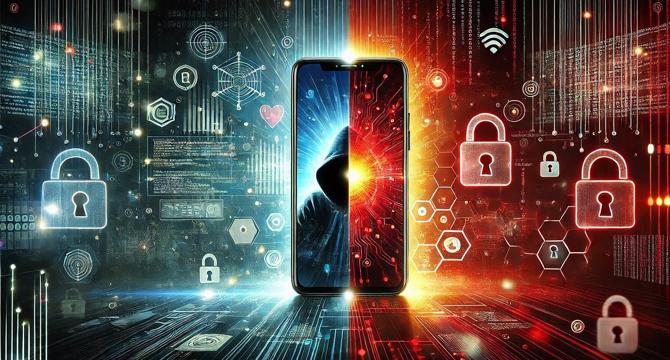Medium
4w
364

Image Credit: Medium
Over the Air and Under the Radar: The Many Faces of Cellphone Hacking
- Remote hacks of smartphones commonly exploit phishing techniques and zero-day exploits to install spyware without the user's knowledge.
- Adversaries can monitor calls, text messages, emails, social media, track location, remotely activate microphones, cameras, and record keystrokes using spyware applications.
- Counter-surveillance apps have been developed to detect anomalies and alert users if a phone is behaving oddly.
- End-to-end encrypted messaging apps and trusted VPN for communication are recommended for security.
- Using strong and unique passwords with multi-factor authentication can significantly reduce the chances of infiltration.
- Proximity-based attacks are still a threat, but staying vigilant and aware of one's surroundings is a valuable precaution.
- Proper digital hygiene, such as avoiding unsecured networks and disabling unnecessary functionality when not in use, can increase security.
- Smartphone manufacturers have a critical role in streamlining security and privacy settings and providing transparent access to controls.
- Encouraging simplicity and ease of use when it comes to security can empower users to transform their phones into trusted guardians of their private lives.
Read Full Article
21 Likes
For uninterrupted reading, download the app